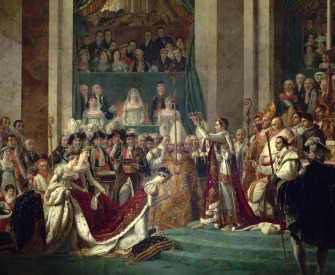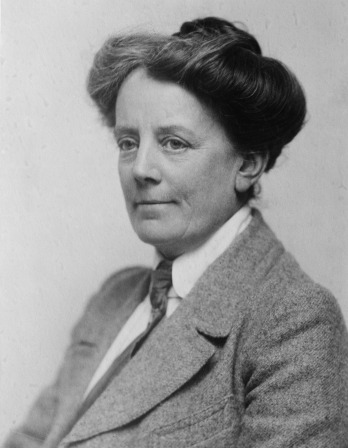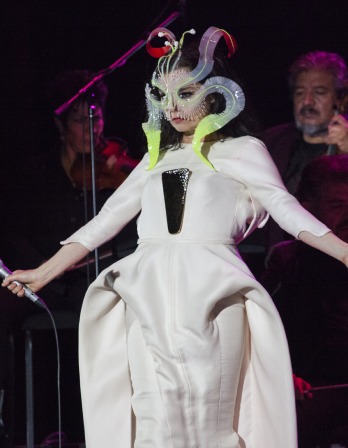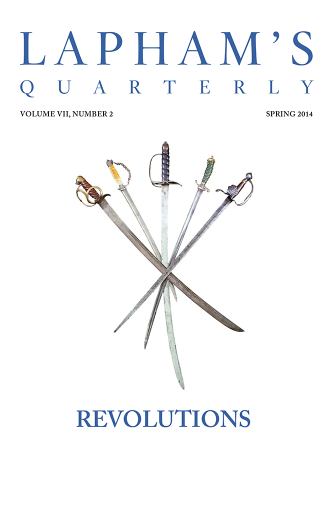To M. de la Harpe,
It is impossible for me, sir, not to agree with the very judicious observations you have recently made on my operas in your Journal de Littérature, October 5, and I find nothing, absolutely nothing, to say in reply.
Hitherto I had the simplicity to believe that in music, as in other arts, all the passions were within its sphere, and that it ought not to please less in expressing rage and fury, and the cry of grief, than in depicting the sighs of love. “Neither serpent nor monster is so odious / As not to please when counterfeited by art.” I thought this axiom true in music as well as in poetry. I was convinced that singing imbued with the coloring of the sentiments to be expressed ought to be modified in accordance with them, and assume as many different accents as the poetry had different tints, in short, that the voice, the instruments, every sound, and even silence itself, ought all to tend to one single aim, that of expression, and the union between the singing and the words be so close that the poem should not appear to be less composed for the music, than the music for the poem.
These, sir, were my ideas before reading your observations. Instantly light dissipated darkness; I was confounded to find that you had learned more of my art in some hours of reflection than I had done after having exercised it for forty years. You prove to me, sir, that it suffices to be a man of letters to entitle you to pronounce on all subjects. I am now fully convinced that the music of the Italian masters is music par excellence—is in fact music—that singing, in order to please, ought to be regular and methodical, and that even in those moments of excitement, when the personage singing, animated by different passions, passes successively from one to another, the composer ought always to preserve the same motif de chant.
I agree with you that, of all my compositions, Orphée is the only one that is tolerable. I humbly ask pardon from heaven for having deafened my auditors by my other operas; the number of times they have been performed—and the applause the public has thought fit to bestow on them—does not prevent my seeing that they are pitiable. I am so convinced of this that I intend to write them afresh, and as I perceive that you are all for tender music, I propose to put into the mouth of the furious Achilles a song so touching and sweet that the spectators shall be moved by it even to tears.
From a letter. During 1776 and 1777 in Paris, two rival operatic circles formed—the Gluckists, who defended the German’s naturalistic plots, and the Piccinnists, who favored the comic plots of Niccolò Piccinni. Earlier in his career in 1746, Gluck gave a joint concert with Handel at London’s Haymarket Theater despite the latter’s quip that the former “knows no more counterpoint than my cook.”
Back to Issue





